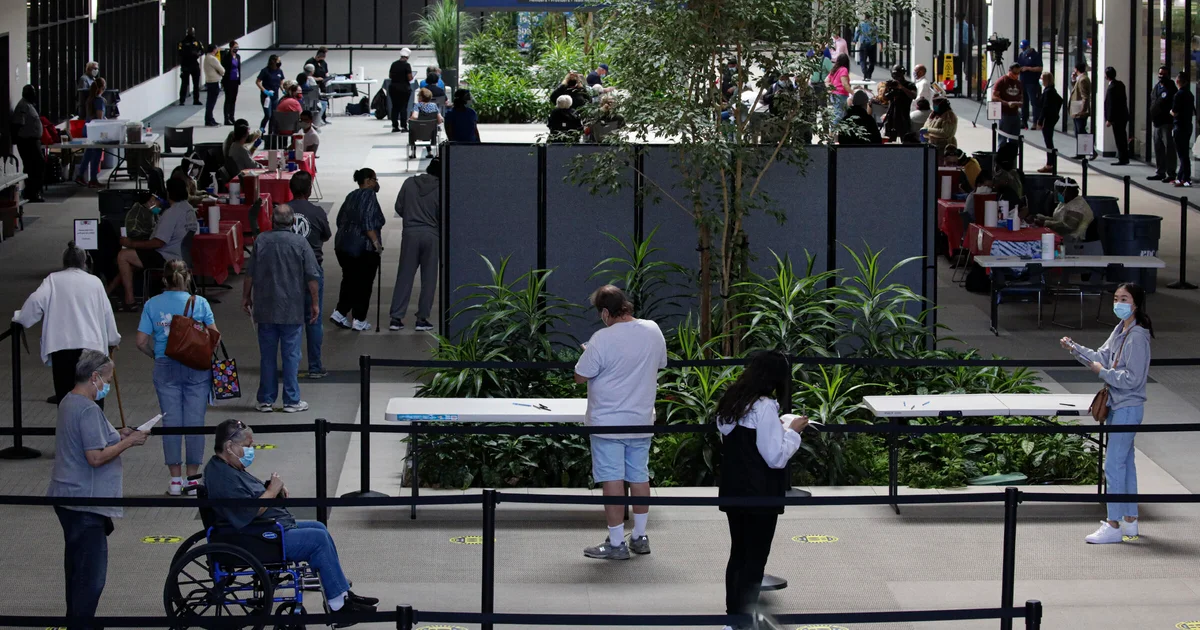U.S. files complaint against Inland Empire Health Plan for making allegedly false statements, retaining overpayments

The United States government has filed a complaint against Inland Empire Health Plan, also known as IEHP, for allegedly making false statements and retaining overpayments.
The complaint was made under the False Claims Act, according to a news release from the U.S. Department of Justice. It was filed against the Local Initiative Health Authority for Inland Empire Health Plan, doing business as IEHP.
“The government’s complaint alleges that IEHP violated the False Claims Act by making false statements to Medi-Cal and knowingly retaining overpayments,” the release said. Medi-Cal is California’s Medicaid program, which works in conjunction with the state’s Department of Health Care Services.
IEHP operates out of Rancho Cucamonga and has over 1.5 million members. They are the largest not-for-profit Medicare-Medicaid public health plan in the U.S., according to their website.
“Today’s lawsuit against IEHP shows our steadfast commitment to hold accountable insurers that brazenly compromise the Medicaid system,” said a statement from Acting United States Attorney Bill Essayli. “We will take every measure to restore integrity and accountability to the Medicaid system and ensure that patient care – not financial gain – is the primary focus of our health care system.”
The DOJ release said that starting in January 2014, Medi-Cal was expanded to cover the state’s previously uninsured population, known as the “Medi-Cal Expansion.” Those who qualified for that grouping were adults between 19 and 64 without dependent children who had annual incomes up to 133% of the federal poverty level. The expansion coverage was fully funded by the federal government for the first three years of the program, according to the DOJ.
“Under its contractual arrangement with DHCS, IEHP received funding to serve the Medi-Cal Expansion population,” the release said. “If IEHP did not spend at least 85% of those funds on ‘allowed medical expenses,’ IEHP was required to pay back to the state the difference between 85% and what it actually spent. California, in turn, was required to return that amount to the federal government.”
The complaint alleges that IEHP developed schemes to misuse surplus funding through sham incentive programs and extra-contractual retroactive rate increase. Prosecutors say that IEHP misspent the funding for impermissible purposes, including spending on administrative expenses, other patient populations and giving away federal funding in exchange for no value in return. The complaint alleges that IEHP was “motivated by a desire to conserve its other funding, thus enriching itself.”
Additionally, the complaint claims that IEHP officials deceived the state by making false statements to make spending appear legitimate, and that they knew the information would be relayed to the federal government about the nature, timing and purpose of payments made to providers.
“For example, IEHP internally admitted it was giving providers ‘free money’ but asserted to DHCS that the payments were part of a metric-based incentive program rewarding providers with good performance,” the DOJ’s release said.
The claim says that IEHP disguised payments for consultants and technology services as incentive payments, which were funneled through providers and back-dated spending to “fall during earlier time periods.” The complaint says that those payments were “not allowed medical expenses” permissible under the contract between IEHP and DHCS.
CBS News Los Angeles has reached out to IEHP for comment on the complaint, but has not yet heard back.



